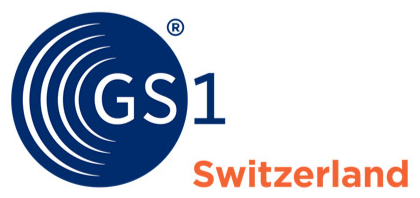Interoperability and standards as a prerequisite
The Swiss machinery, electrical and metal industry enjoys an excellent reputation worldwide. Nevertheless, companies in the MEM industry must work on offering data-driven business models and solutions. The GS1 standards provide the basis for this.
In the face of global competition, the Swiss mechanical, electrical and metal industry (MEM) can hold its own well thanks to its innovative strength. Today, it encompasses all promising fields of technology such as sensors, photonics, robotics, additive manufacturing and industrial information and communication technology (ICT).
The Swiss tech industry employs around 320,000 people in Switzerland, consists mainly of small and medium-sized enterprises (SMEs) and exports 80 percent of its products and services.
Despite optimistic market developments, Swiss MEM companies must work to maintain or even expand their position in a high-wage location. For this reason, improving process efficiency in both the intra- and inter-company context requires increased attention.
The challenges in the MEM industry lie in optimised and networked processes. For example, digitalisation and mutual networking, as well as end-to-end data management, are opening up new areas of business. Even existing processes in areas such as production and logistics, spare parts management, sales, customer service as well as maintenance, repair and overhaul benefit from digitalisation.
With the GS1 standards, the MEM industry is creating the necessary conditions for this. This not only makes end-to-end traceability applications possible, but also simplifies procurement and storage processes and the event logging of machines.
With the GS1 standards, machines, components and tools can be clearly identified and associated information exchanged. This makes it possible to track the product life cycle, starting with manufacturing, through the entire supply chain, operation, maintenance, dismantling and recycling.
The following identification keys are commonly used in the MEM industry:
GTIN for parts and components of a product type.
NATO Stock Number (NSN) for each item ordered by a NATO Partner.
SGTIN for each individual part and component of a product type (= serialisation at instance level). Usually assigned by the manufacturer.
GIAI for objects and fixed assets already on the market which have not yet been marked by the manufacturer.
GRAI for returnable containers e.g. mesh boxes, containers, Euro pallets or bobines.
GLN for e.g. regions, production sites, warehouses.
SSCC in logistics for e.g. cartons or pallets.
GS1 Digital Link for the unique assignment of product, production and maintenance data for each copy of a product.








